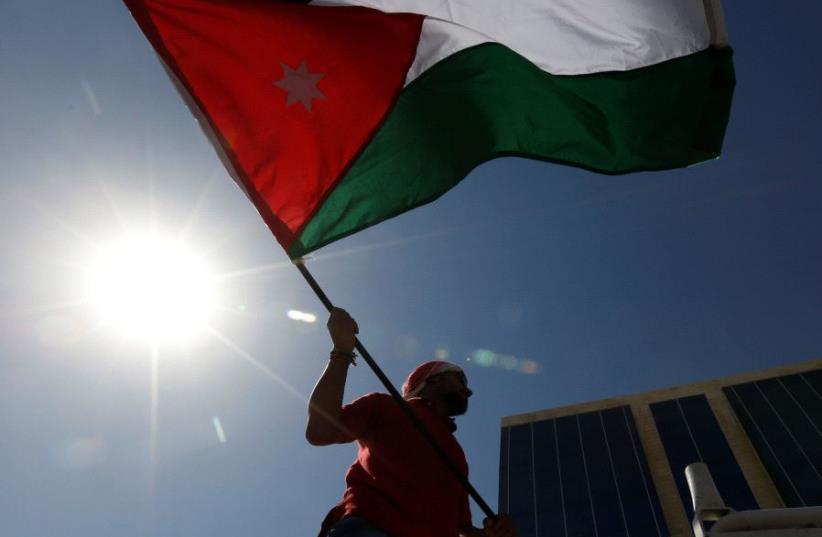Egyptian startup creates potentially lifesaving medical e-ID system
CAIRO: When Andrew Saad was faced with an elderly patient on his hospital ward, complaining of vague abdominal pain but with no medical history on hand to guide a working diagnosis, the freshly graduated Egyptian doctor realized just how scary it can be for patients and medical providers when details are scarce during an emergency.
The incident motivated Saad to search for an inventive way to get health records into the hands of medical professionals quickly during an emergency — particularly in cases where a patient is unconscious, in a poor mental state or is unaccompanied.
“Health records are either electronic or paper-based. Both are usually kept at the hospital and are not typically available with the patient whenever he or she presents to another medical provider in case of an emergency,” Saad said.
The portability of medical records is a problem that extends beyond Egypt and the Middle East and North Africa (MENA) region. Even in developed countries — including the US, where electronic medical recording is far more widely adopted — the exchange of patients’ medical records between different healthcare systems is a complex and inefficient process.

In February 2019, Saad and his five business partners joined Egyptian accelerator program Falak Startups and launched Bypa-ss. The company offers a unified medical ID card connected to an online platform where medical records are saved and can be accessed by medical providers.
Prior to the launch, Saad and his team presented the concept at several medical conferences. The idea garnered a positive reception. “The initial market response was very encouraging,” Saad said.
The HealthTag, as the product is called, is a physical card connected to the company’s online platform.
FASTFACT
* Andrew Saad and his business partners joined accelerator program Falak Startups and launched Bypa-ss in 2019.
In addition to basic medical information such as blood type, allergies and chronic medical conditions, Bypa-ss offers free software for medical providers, as well as free technical support to enable them to communicate with the online platform to save patients’ medical data, send lab results and place prescription drug orders. Some providers will also offer discounts for cardholders.
Getting initial support from the medical community for a new-to-market tech product was challenging but also critical if it was to gain the traction needed to move forward.
“For medical providers, personal brands are extremely precious,” Saad said, explaining why it is typically quite difficult to introduce a new product in the medical space.
Even with initial traction, maintaining growth remains a challenge. “Paper is our worst enemy. It was pretty tough to learn how to educate and advocate for a change within clinics and medical institutions,” Saad said.

The company currently has more than 1,000 partners among medical care providers, including major laboratories, hospitals, clinics and pharmacies.
The COVID-19 pandemic has affected Bypa-ss in unusual ways. Although its customer base grew faster, its revenues declined as many medical providers, particularly smaller clinics, ceased operations during Egypt’s enforced lockdown period. The company responded by directing more of its efforts to boosting online services.
“We’re looking forward to adding more features by partnering with other digital medical services/platforms, such as appointment booking platforms, drug delivery services and telemedicine platforms,” Saad said.
The company is already in talks with telemedicine providers to offer such services to its HealthTag cardholders.
Saad and his team are also moving their network beyond Cairo and Alexandria.
———————
This report is being published by Arab News as a partner of the Middle East Exchange, which was launched by the Mohammed bin Rashid Al Maktoum Global Initiatives to reflect the vision of the UAE prime minister and ruler of Dubai to explore the possibility of changing the status of the Arab region.

GCC to integrate expat health recordsSaudi Arabia backs Egypt’s digital future, crafts with $6.4m grant





